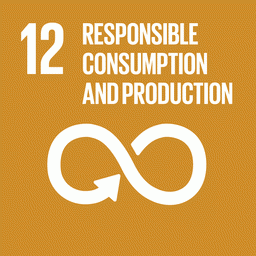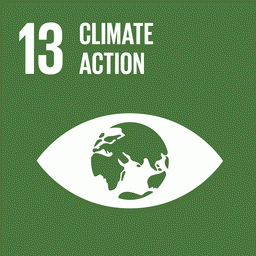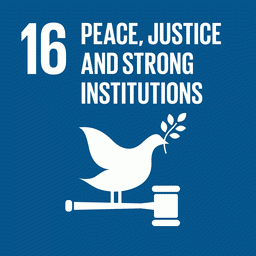By Lays Ushirobira*
When one looks at the exponential growth of deforestation rates in the Brazilian Amazon in recent years, it is hard to believe that the country was once a reference for environmental conservation. But the fact is that Brazil was one of the pioneers in strengthening the legislation and public policies that encourage the protection of the biome, and has already shown that tackling deforestation combined with economic growth is possible.
“We have a big challenge in the Amazon: especially in recent years, there has been a weakening of all the environmental command and control agencies in the region. Besides, we must mention the lack of leadership from the federal government – which reflected on the performance of the Amazon states – to coordinate a robust program, such as the Plan for Prevention and Control of Deforestation in the Amazon (PPCDAm),” explained Eugenio Pantoja, director of Public Policies and Territorial Development at IPAM (Amazon Environmental Research Institute), in participation in the fourth episode of Amazoniar on solutions to deforestation.
Between 2004, when the PPCDAm was implemented, and 2012, Brazil managed to reduce deforestation in the Amazon by 84%. This is because the large investments in the Plan were essential to strengthen the environmental enforcement capabilities of government agencies, helping to improve the performance of the institutions responsible for it. The results also brought external investments via international cooperation, which were fundamental to continue fighting deforestation in the region.
“To reduce deforestation immediately, the most effective action is strengthening command and control, that is, to strengthen enforcement and effectively punish those who are committing and financing environmental crimes,” he pointed out. Another pillar, according to him, is the set of territorial planning and ordering. “We need a structured territorial governance to combat illegal occupation and drive public policies in a concrete way to reduce deforestation.”
The Brazilian Federal Constitution itself, of 1988, is an instrument that reinforces the country’s pioneering in environmental conservation. It states, in the article 225, that “everyone has the right to an ecologically balanced environment, an asset for common use and essential to a healthy quality of life, and it is the duty of the government and the community to defend and preserve it for present and future generations”. In interview to the Amazoniar team, Pantoja also mentioned other important instruments of environmental legislation, such as the National Environmental Policy (law 6.938/81), the National Policy on Climate Change (law 12.187/09), and the Brazilian Forest Code (law 12.651/12).
Watch the fourth episode of Amazoniar’s series on solutions to deforestation:
Conservation of the Amazon requires governance and collective action
Pantoja highlighted that everyone shares the responsibility for stopping deforestation in the Amazon. According to him, international cooperation played an important role in strengthening measures against deforestation. “Some nations have made international commitments to contribute with developing countries to the protection of tropical forests. These are discussions at the international level in which Brazil participates and determines a set of conditions necessary for the development of the Amazon,” he said to the Amazoniar team. “International cooperation is welcome and does not hurt Brazil’s sovereignty.”
He also underlined that the solutions for reducing deforestation are already in the Amazon. “The solutions for the Amazon must be developed from the knowledge of the Amazonians. Using a term used by Ailton Krenak, this ‘literacy’ of policy development needs to come from the original peoples themselves. Our role as cooperators of the Amazonian communities needs to be contributive, not imposing, in the construction of solutions.”
About Amazoniar
Amazoniar is an initiative of IPAM to promote a global dialogue about Amazon and its importance for Brazil’s relationships with the world. In the previous cycles, dialogues addressed the commercial relations between Brazil and Europe; the role of indigenous peoples in the region’s sustainable development and their contribution to science and culture; and youth engagement for the forest and its peoples in the 2022 Brazilian elections.
With the proposal of taking the Amazon beyond its borders, Amazoniar has already carried out special projects, such as a photography contest, whose selected photos were exhibited in the streets of Glasgow, in Scotland, during the COP26; a series of short films that composed the exhibition “Fruturos – Amazônia do Amanhã”, at the Museum of Tomorrow, in Rio de Janeiro; as well as a publication with key information to better understand the current Amazon context and some of the possible solutions for its sustainable development.
*Journalist and communication consultant of IPAM


